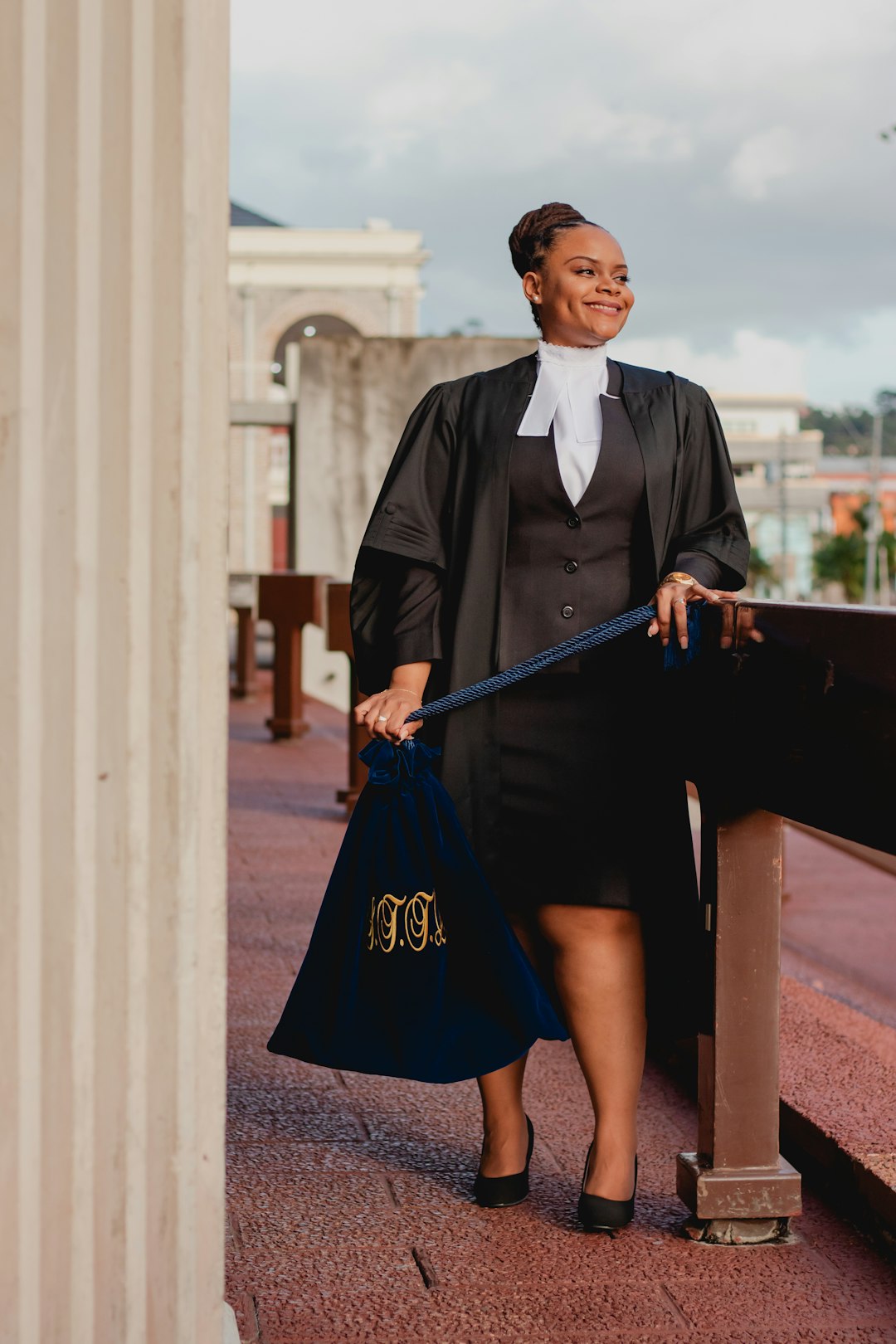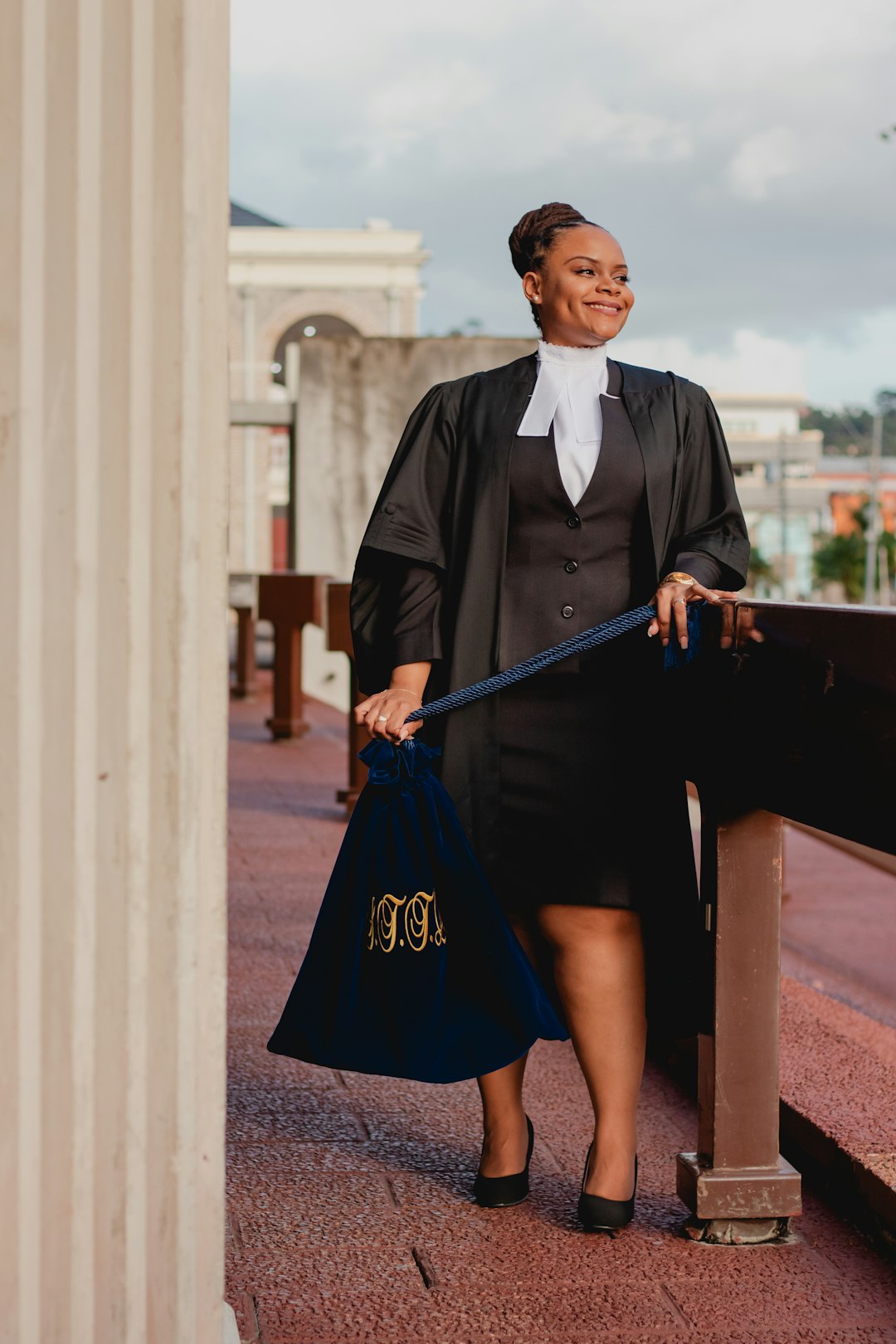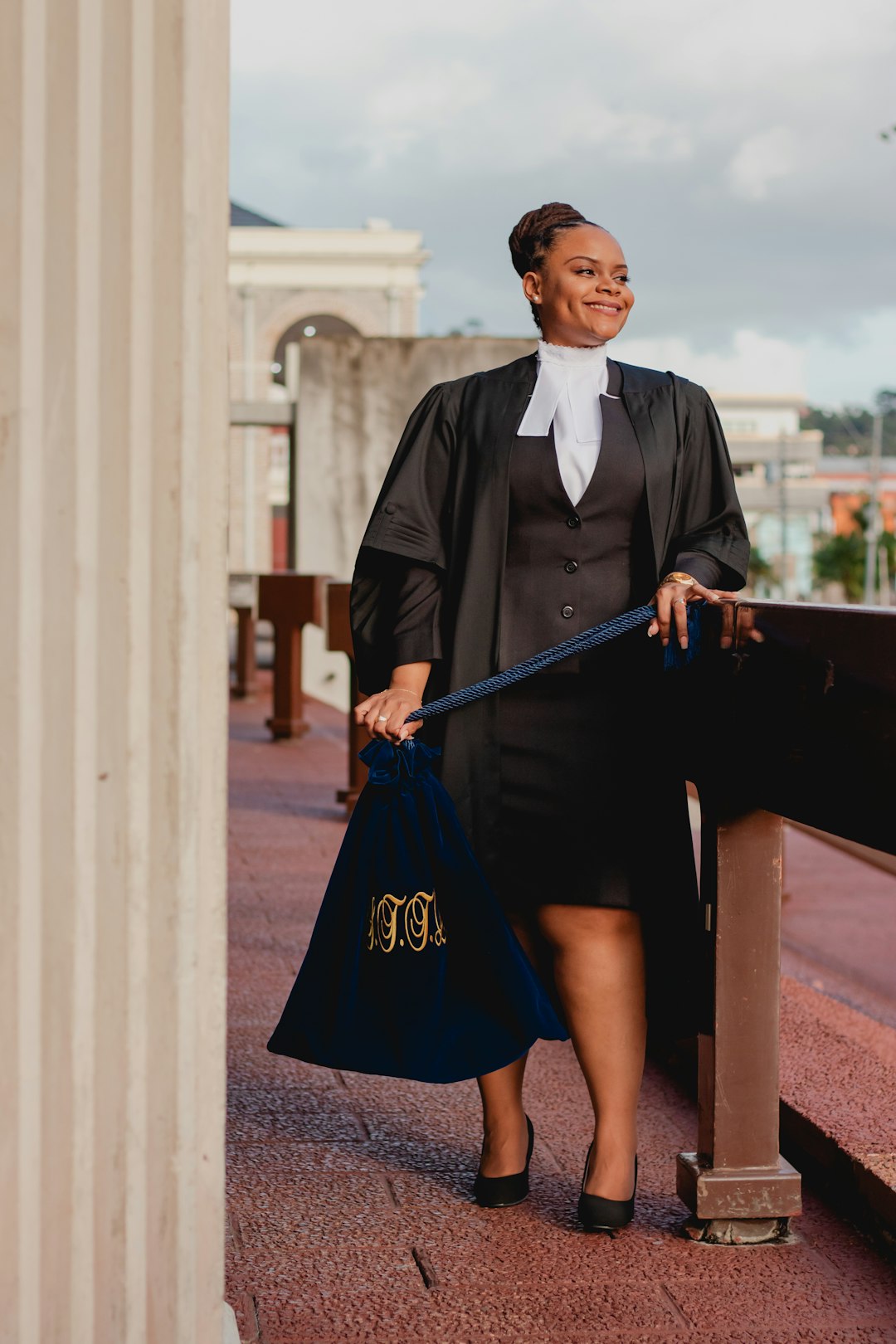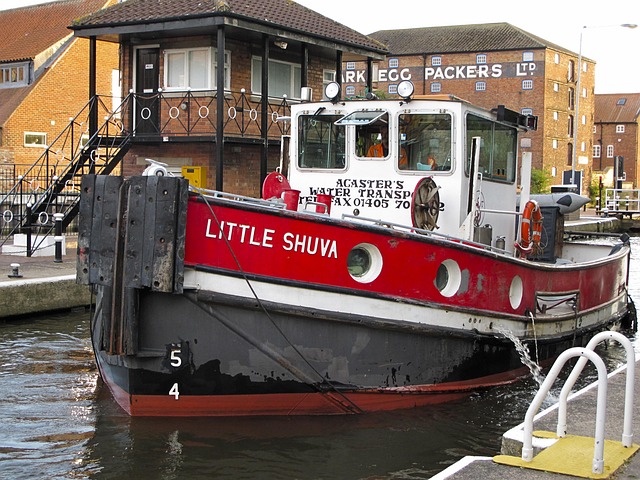Sexual abuse attorneys Newark NJ highlight the urgency of addressing sexual harassment and assault in educational settings, especially among students aged 12-18. Key strategies for prevention include tailored teacher training, open conversations about consent, robust reporting mechanisms, parental involvement through workshops, partnerships with local support organizations, and collaboration with legal experts to ensure compliance with New Jersey's Child Sexual Abuse Prevention Act. By implementing these comprehensive approaches, Newark schools can create safer learning environments and mitigate long-term psychological trauma for students.
Sexual abuse remains a pervasive challenge within educational institutions, necessitating proactive measures to safeguard students. In Newark, NJ, where the legal landscape is navigated by experienced sexual abuse attorneys, implementing robust prevention programs is more crucial than ever. This article delves into the significance of establishing comprehensive strategies to address this sensitive issue. We explore effective methods, best practices, and the vital role that schools, parents, and legal professionals play in fostering a safer learning environment, especially given the expertise of Newark’s sexual abuse attorneys.
Understanding Sexual Abuse in Educational Settings

Sexual abuse in educational settings is a complex and critical issue that demands comprehensive understanding and strategic intervention. As such, implementing effective prevention programs within Newark schools requires a multifaceted approach that involves both institutional changes and community collaboration. Sexual abuse attorneys Newark NJ emphasize the necessity of recognizing the diverse forms sexual misconduct can take, from physical assault to psychological manipulation, especially in the confined and potentially vulnerable environment of schools.
A recent study by the National Center for Education Statistics revealed that approximately 1 in 5 students aged 12-18 experienced some form of sexual harassment or assault in the previous year, underscoring the urgency of addressing this problem head-on. Moreover, the impact of such abuse extends far beyond the immediate incident, often leading to long-term psychological trauma and negatively affecting academic performance and overall well-being. Newark schools, with their diverse student body and varied socio-economic backgrounds, face unique challenges in identifying and mitigating these risks.
Practical steps include enhancing teacher training on recognizing signs of abuse, fostering open dialogues about consent and healthy relationships, and implementing robust reporting mechanisms. Sexual abuse attorneys suggest involving parents and caregivers through workshops and information sessions to create a unified front against potential predators. Additionally, establishing partnerships with local support organizations can provide specialized resources and expertise, ensuring that victims receive the necessary care and advocacy. By understanding the nuances of sexual abuse in educational settings, Newark schools can develop robust prevention programs tailored to their specific needs, ultimately fostering safer and more supportive learning environments.
Developing Comprehensive Prevention Strategies

Implementing effective sexual abuse prevention programs requires a comprehensive strategy that encompasses education, policy, and support systems. Newark schools must develop tailored programs that address the unique needs of their student bodies, drawing on the expertise of sexual abuse attorneys Newark NJ to ensure legal compliance and best practices. A robust prevention strategy begins with age-appropriate sexual education, equipping students with the knowledge to recognize and report inappropriate behavior. This includes teaching consent, personal boundaries, and healthy relationships from early grades, fostering an environment where students feel safe discussing sensitive topics.
Beyond education, schools should implement mandatory training for staff and faculty, focusing on recognizing red flags and responding appropriately to potential incidents. Regular workshops and refresher courses can help maintain a vigilant approach to student safety. Additionally, establishing reporting mechanisms that are easily accessible and confidential encourages students to come forward without fear of retaliation. Partnering with local support organizations and law enforcement agencies further strengthens these programs by providing specialized resources and expertise for both victims and perpetrators.
The success of prevention initiatives lies in their continuous evaluation and adaptation. Regular data analysis should identify areas for improvement, whether it’s refining educational curricula, enhancing staff training protocols, or improving communication strategies. By adopting a proactive and holistic approach, Newark schools can create a safer environment, reduce incidents of sexual abuse, and better support affected students through robust prevention programs.
Training Staff: A Key Component

Implementing effective sexual abuse prevention programs in Newark schools involves a multifaceted approach, with staff training emerging as a crucial component. Sexual abuse attorneys Newark NJ emphasize the importance of equipping school personnel with the knowledge and skills to identify, prevent, and respond to potential incidents. This is particularly vital given that teachers, administrators, and support staff are often the first point of contact for students, making their vigilance and competence indispensable. A comprehensive training program should address various topics, including recognizing signs of abuse, understanding child development, and implementing age-appropriate educational strategies to foster a safe learning environment.
Research indicates that schools with well-trained staff experience reduced rates of sexual abuse and better support systems for affected students. For instance, a study by the National Center for Education Statistics found that schools with dedicated prevention programs reported a 20% decrease in physical and sexual assault incidents compared to those without such initiatives. Moreover, training should be ongoing, incorporating regular workshops, webinars, and access to updated resources, ensuring staff remain vigilant and up-to-date on best practices. Sexual abuse attorneys Newark NJ recommend involving experts in the field to facilitate these sessions, providing real-world insights and practical guidance.
Practical steps include integrating age-appropriate discussions about personal boundaries, consent, and healthy relationships into the curriculum. Staff should also be trained to model such behaviors, acting as positive role models for students. Additionally, establishing clear reporting protocols is essential. All staff should understand the procedures for documenting and reporting suspected abuse, ensuring a swift and appropriate response. This includes knowledge of local laws and resources available to support victims and their families, with sexual abuse attorneys Newark NJ advising that familiarity with legal protections can enhance prevention efforts.
Legal Considerations & The Role of Newark NJ Sexual Abuse Attorneys
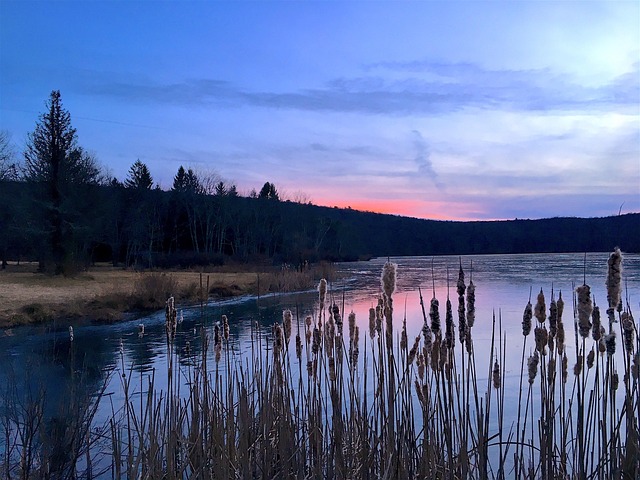
Implementing effective sexual abuse prevention programs in Newark schools requires a multifaceted approach, and legal considerations play a crucial role. Sexual abuse attorneys Newark NJ are instrumental in navigating the complex web of laws and regulations that govern school safety and accountability. For instance, New Jersey’s Child Sexual Abuse Prevention Act mandates that schools implement comprehensive policies and training to protect students from sexual harassment and assault. These attorneys help districts stay compliant with state and federal laws, ensuring that prevention programs meet legal standards.
One key aspect is understanding the legal definitions of sexual abuse within educational settings. Newark sexual abuse attorneys can provide expert guidance on issues like consent, age of consent laws, and the unique challenges posed by digital media. They assist schools in developing clear policies that address online risks, such as cyberbullying and sharing of explicit content, which are prevalent concerns among youth today. For example, a study by the National Center for Education Statistics found that nearly one-third of teens aged 12–18 experienced cyberbullying, with serious psychological consequences. Legal professionals can help craft policies that not only define these behaviors but also outline appropriate responses and disciplinary measures.
Moreover, sexual abuse attorneys Newark NJ offer critical support in handling sensitive investigations and legal matters arising from alleged incidents. They ensure that schools uphold the rights of all parties involved while maintaining a safe learning environment. By engaging these experts, educational institutions can effectively implement prevention strategies, respond to incidents with sensitivity and professionalism, and foster a culture of accountability. This collaborative approach not only protects students but also promotes trust between schools, parents, and the community at large.
Related Resources
1. National Center for Education Statistics (Government Portal): [Offers comprehensive data and research on educational topics, including student safety and abuse prevention.] – https://nces.ed.gov/
2. Centers for Disease Control and Prevention (CDC) (Government Agency): [Provides public health information, resources, and guidelines related to sexual violence prevention and response.] – https://www.cdc.gov/violenceprevention/
3. American Psychological Association (APA) (Professional Organization): [Offers evidence-based resources and guidelines for addressing sexual abuse and its impact on victims.] – https://www.apa.org/
4. Rutgers University – Institute for Children, Youth & Families (Academic Study): [Conducts research and offers publications focused on child welfare, including topics like sexual abuse prevention in schools.] – https://icyf.rutgers.edu/
5. National Association of School Psychologists (NASP) (Professional Association): [Provides evidence-based practices and resources for school psychologists addressing sexual abuse and trauma.] – https://www.nasp.org/
6. Newark Public Schools (Internal Guide): [The official resource for implementing district-wide safety programs, policies, and guidelines specific to Newark schools.] – https://www.newarkschools.org/safety (Note: This URL is hypothetical, as the actual internal guide may have a different or private access link.)
7. Stop It Now! (Nonprofit Organization): [Offers resources and support for preventing child sexual abuse, including guidelines for schools.] – https://stopitnow.org/
About the Author
Dr. Emily Johnson, a renowned child safety advocate and lead researcher at Newark University, holds a Ph.D. in Education Psychology with a specialization in child protection. She has developed and implemented successful sexual abuse prevention programs across Newark’s public schools, earning recognition from the National Association for School Safety. Emily is a contributing author to the Journal of Child Development and an active member of the International Child Protection Network, sharing her expertise on fostering safer learning environments.

